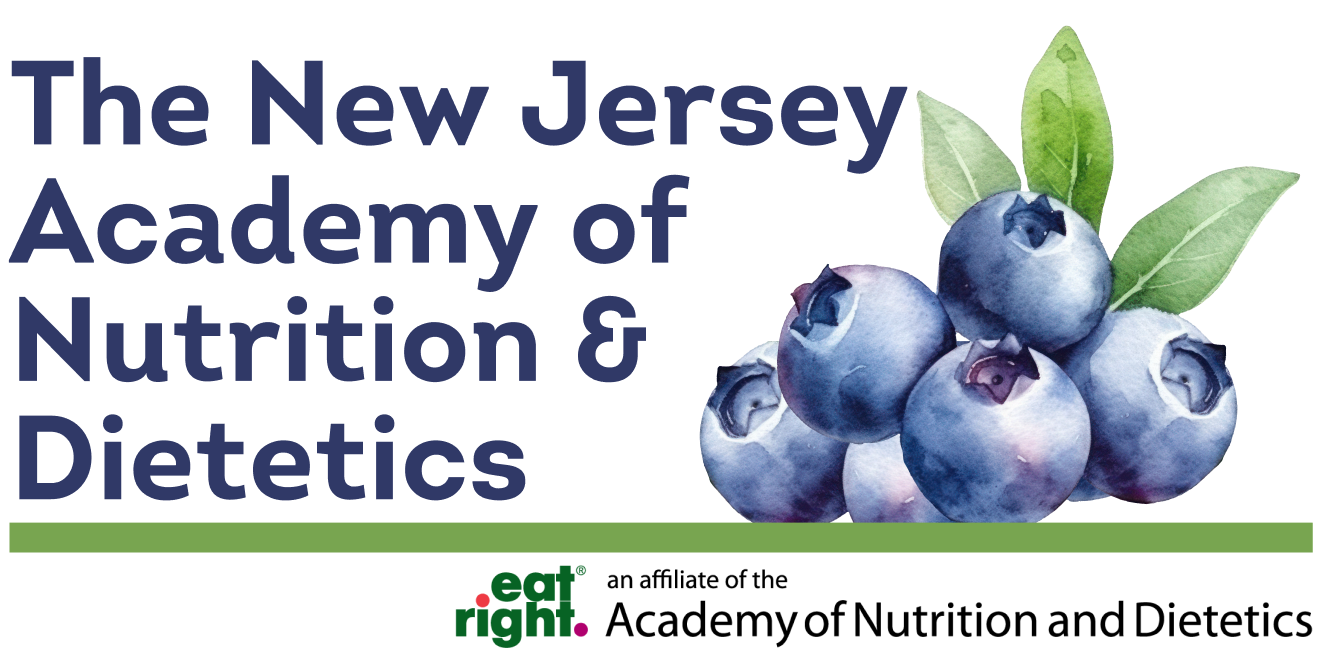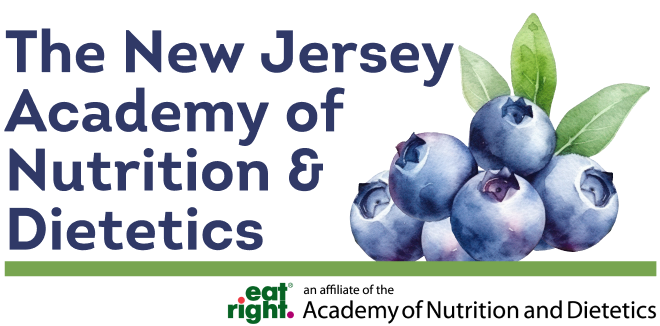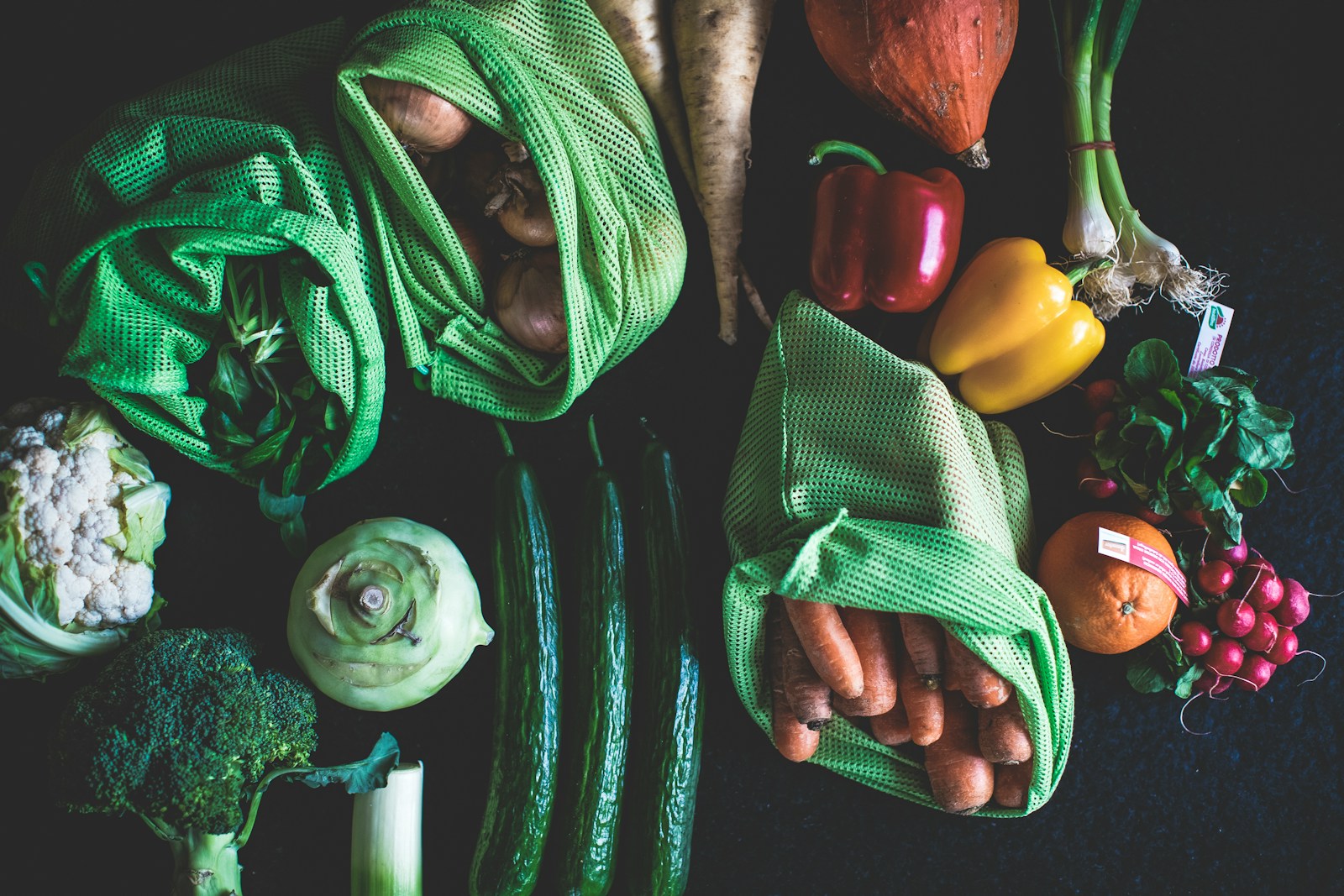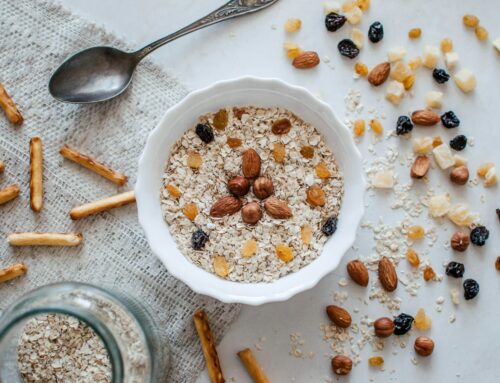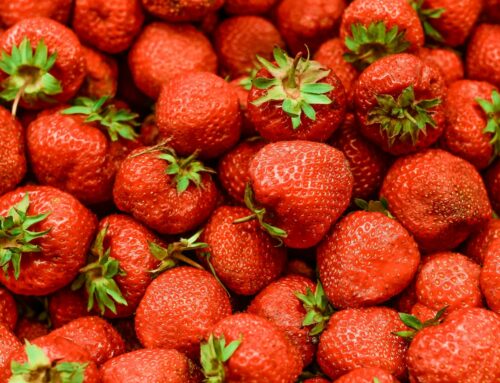With Earth Day approaching, April poses a great opportunity to think about how our lives impact the climate. The way we eat, which includes where we get our food from and how we use those foods, makes a substantial impact on the environment.
Sustainable diets are patterns of eating that promote human health and well-being while minimizing overall environmental impact. Factors such as food production methods, resource use, and greenhouse gas emissions should all be taken into consideration when trying to eat more sustainably. For example, plant-based diets, that emphasise fruits, vegetables, legumes, and whole grains, require less land and water to produce. Choosing local and seasonal produce supports local farmers and reduces transportation emissions.
Food waste plays a key role in the health of our environment. It’s estimated that between cooking at home and eating out, Americans throw out billions of pounds of food each year. In addition, plenty of food is left un-purchased in grocery stores and unharvested in the farmers’ fields. This Earth Day, take the time to focus on a few simple changes that can help you save food, money, and contribute to a healthier planet.
Tips to Reduce Food Waste
- Plan meals based on food you already have on hand. Take inventory of the fridge, freezer, and pantry before your weekly grocery trip, and try to only buy an amount of perishable food that you’ll know you’ll be able to eat or freeze within a few days.
- Find creative ways to use leftovers to avoid throwing them out (as long as they’re still safe to eat). Use leftovers for lunch or dinner the following day, or use veggies and meat to make a large batch of soup or stew.
- Place foods that may spoil more quickly in places that are easier to see, increasing the likelihood that they’ll be eaten in a timely manner.
- Know the difference between “Best by” and “Sell by” dates. “Best by” dates indicate when products may move past their peak freshness, but they are often still safe to eat after this date. “Sell by” dates are intended for retailers to help manage inventory. Food can often be consumed safely after this date, though it may lose some of its freshness or quality.
- Find recipes that use all parts of the fruit and veggie! For example, onion ends, carrot tops, and celery leaves can be made into stocks. Vegetable peelings are full of flavor and can be easily added to soups. Check out this page for more easy recipes to get the most of your fruits and vegetables: https://www.bbcgoodfood.com/howto/guide/how-use-fruit-vegetable-scraps
- As an alternative to recipes that use fruit and vegetable scraps, consider composting. In addition to fruit and vegetable scraps, compost can also include coffee grounds, tea bags, eggshells, and grass clippings. Composting helps to reduce landfill waste, minimize methane emissions, and improve soil health.
More Small Ways to Eat Sustainably
- Start visiting your local farmers market, many of which start up in the spring. Farmers markets provide a great opportunity to buy local, fresh, produce and support local farmers. This helps to reduce the amount of miles food has to travel, reducing transportation emissions. Fresher produce can also be higher in vitamins and minerals, and you’ll certainly notice a significant difference in taste compared to what you might buy at the store!
- Buy a reusable water bottle or two, and make a habit of carrying it with you. This will help reduce waste from plastic disposable bottles and will help you to increase your daily water intake.
- Try Meatless Mondays (or if Mondays are tricky, try at least one day per week where you leave meat off your plate) This can not only benefit your health, as you’ll likely be increasing your intake of fiber while decreasing saturated fat intake, but is also beneficial to the environment.
It can be overwhelming to think about the challenge of promoting a more sustainable future through our eating habits. It’s important to note that even small changes can make a big impact. This Earth Day, take a moment to reflect on your food choices and make a commitment to a greener tomorrow.
Blog written by Sarah Davis, MS, RDN for The Academy of Nutrition and Dietetics.
